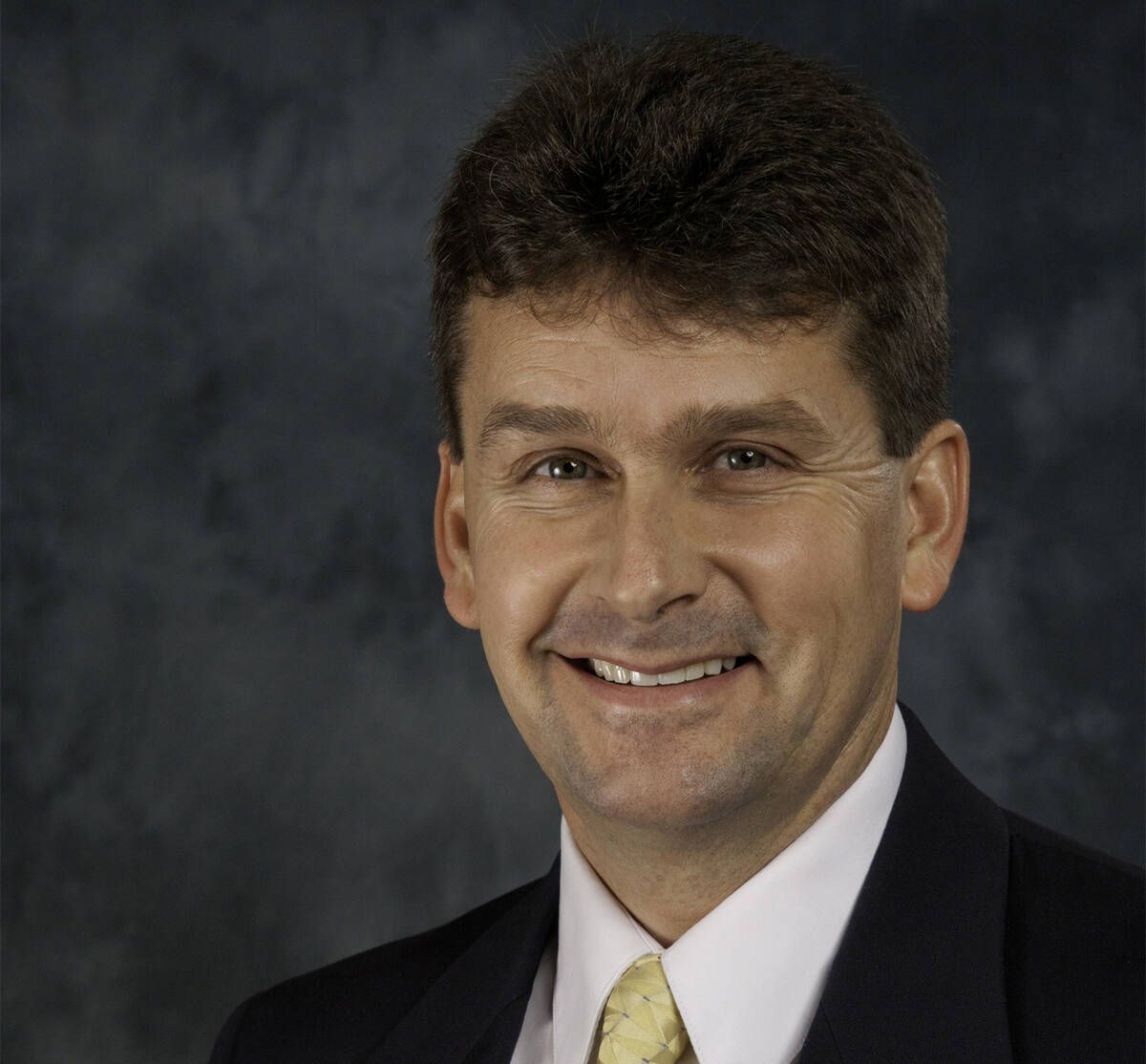Don’t take people out of preservation
Historic preservation is great, right? I’ve been a longtime proponent, and most people I know are too. When I was mayor, my colleagues and I made promoting historic preservation one of the Boulder City’s top five priority goals in our 2020-2025 Strategic Plan. That was done with input and overwhelming support from our citizens. From there we developed an action plan, which continues to be polished and implemented.
So, if almost everyone favors historic preservation, why is it sometimes such a controversial seed bed for contention? For example, the City Council recently adopted historic preservation guidelines at its Aug. 24, meeting, but only by a narrow 3-2 split vote.
Community Development Director Michael Mays assured everyone that the guidelines aren’t regulatory but will continue to be refined with ample opportunities for public input before they become a binding part of city code. Yet the dissenting council members questioned the integrity of the process, expressing serious reservations about taking such a big step toward codified law without first getting more input from historic property owners. And some citizens vehemently opposed specifics like giving our merely advisory Historic Preservation Committee virtually unlimited power to deny building permits for existing structures and new construction in historic districts.
It’s true that our historic preservation standards aren’t yet fully set in stone, but make no mistake that the mortar is already drying. If the process continues as planned, what we now refer to as mere guidelines will carry the full force of law in the near future. And, along the way, more detailed compliance standards and enforcement mechanisms will be added.
So we would do well to pay careful attention, speaking up in favor of those provisions that we believe will be mutually beneficial and speaking out against those that won’t. Otherwise, special interest groups, regulatory agencies like the Nevada State Historic Preservation Office, and the select few citizens on our historic committees will make lasting decisions for us.
As these preservation guidelines continue to morph into law, our input and decisions should be directed by one overriding principle — namely, will it benefit people? And by people, I mean all of us, the citizens of Boulder City.
Why is the “people principle” so important in the context of historic preservation? Because often so-called preservation professionals and interest groups get carried away with the false notion that what we deem to be historic buildings, landscapes, artifacts and narratives are somehow important in and of themselves. And when that happens, they lobby for legislation to preserve those inanimate things without regard to the negative impacts that their laws might have on humanity.
Classic cars, for instance, may be cool to look at and bring back memories of bygone eras when times were simpler, people could actually fix their own vehicles and muscle cars ruled the road. But what would be the use of restoring them if they were locked away so that people couldn’t drive or admire them? The same is true of works of art and architectural wonders. Take people away, and the nostalgia, fascination and life lessons go with them.
We’ve gone too far when we preserve things solely for the sake of preservation — in other words, when people are eliminated from the equation. Political philosopher William Godwin’s oft-quoted and widely accepted maxim that “law is made for man and not man for the law” is a salient reminder that impacts on “We the People” should be paramount in all of our government decisions.
Laws are made for people, not the other way around. We create them for our own collective benefit. And when a law ceases to serve its purpose, we have the power to change or abolish it. Embracing the opposite philosophy, that people are subservient to laws, inevitably leads to tyranny, Draconian measures and unwanted, counterproductive or even oppressive outcomes.
Fortunately, we still have time to act. So, let’s implement the people principle by analyzing each and every provision of the historic guidelines now before us, as well as the regulatory standards that are sure to be added, before they become binding laws. If we think a particular provision will harm us, then we should delete it. If it will be too expensive for private owners or taxpayers, then let’s discard it. If a regulation is too burdensome to comply with or will cause unwarranted bureaucratic delays in construction or renovations, then throw it out. If freezing something in time prevents upgrading to current health and safety codes, then refuse it.
If a preservation standard will result in locking up our historic buildings, hiding our artifacts and stories from public view, making them undesirable to visit or only available to exclusive groups, then kick it to the curb. If it will diminish rather than increase property values, then show it the door.
Let’s incentivize historic preservation by making our laws people-friendly, not people-penalizers. We believe in the rule of law, but that doesn’t mean laws rule us. To the contrary. We make the laws and should always do so with the people principle front and center in our decisions.
The opinions expressed above belong solely to the author and do not represent the views of the Boulder City Review. They have been edited solely for grammar, spelling and style, and have not been checked for accuracy of the viewpoints.
Rod Woodbury has resided in Boulder City for more than 40 years and is the president and managing shareholder of his law firm, Woodbury Law. He served on the City Council from 2011- 2019, including four years as mayor.





